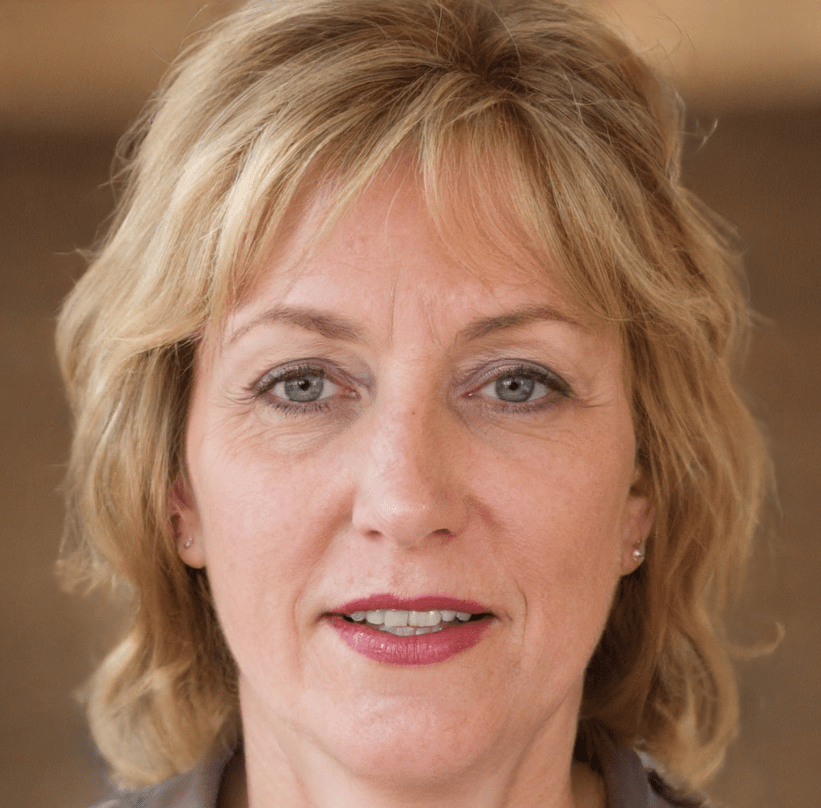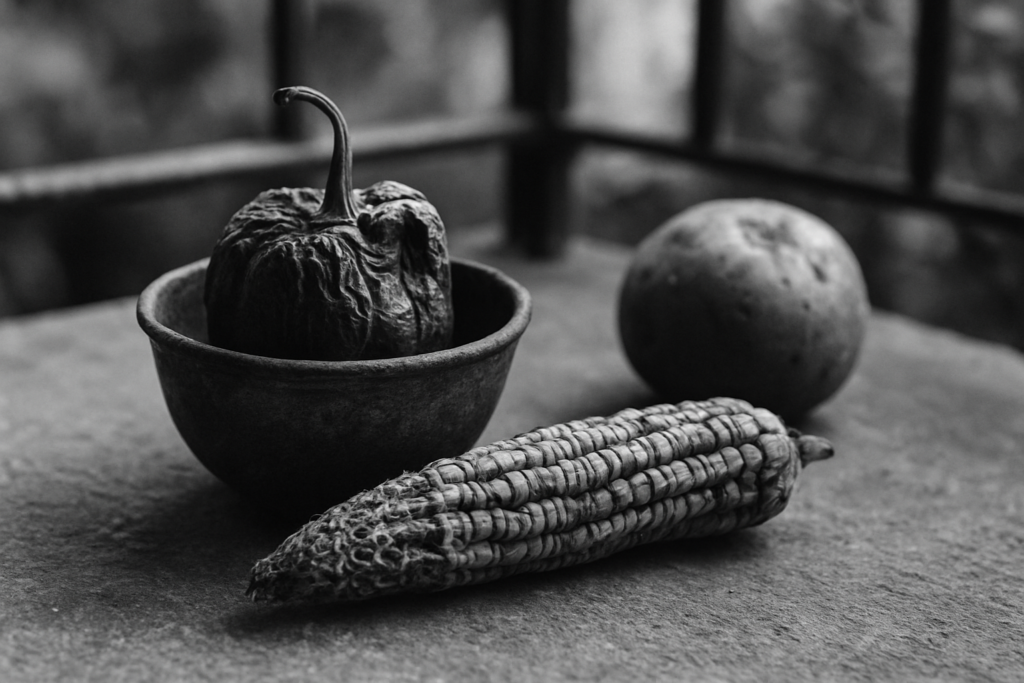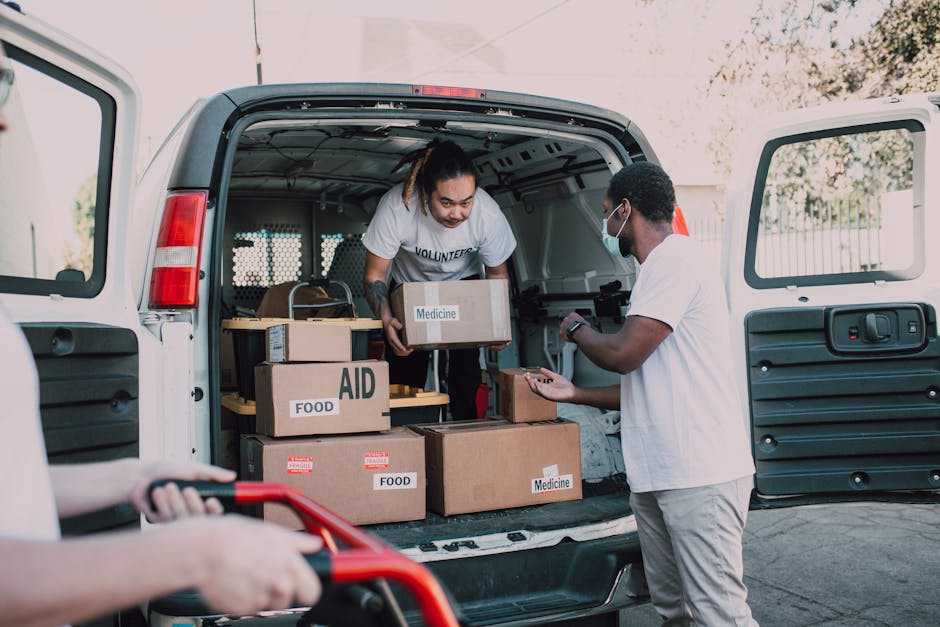2199474151 and the Rise of Digital Identifiers
We live in a world of identifiers. Every service, every platform assigns unique codes—numeric strings like 2199474151—to track, organize, and personalize. From social security numbers to phone numbers to user IDs in massive databases, the digital fingerprint is now as critical as your actual fingerprint.
In some systems, a number like 2199474151 might represent a customer ID. It’s how a service recognizes who you are, your preferences, previous interactions, and billing history. The upside? Seamless user experiences. The downside? You’re a line in a spreadsheet unless you understand how and where your data lives.
Personal Data and Privacy TradeOffs
Here’s the deal—convenience comes at a cost. Numbers like 2199474151 are useful because software systems can instantly identify you. That connection brings tailored ads, quicker service, and personalized notifications. But it also brings risk.
If your ID, say 2199474151, gets into the wrong hands, someone else could spoof your digital identity. That opens the door to impersonation, data theft, or unauthorized access. Which means, you’ve got to know more than your ID—you’ve got to protect it.
Best practices? Don’t share personal identifiers publicly. Use multifactor authentication. Rotate passwords regularly. Be cautious where and how you enter numbers like this across devices and platforms.
When a Number Becomes a Signal
What if 2199474151 isn’t just an ID, but a trigger?
In automated systems, specific numbers can act as switches. They initiate sequences—approvals, rejections, or escalations. Think of voice menus you navigate by pressing digits, or access systems that rely on PINs or passcodes. In these cases, the number isn’t passive—it’s a command.
In more advanced systems, like IoT or industrial automation, identifiers launch workflows. A machine might respond based on a code, initiating maintenance or redirecting inventory. Numbers run it all. One wrong digit? You’re ordering 10 pallets instead of 1.
RealWorld Uses of Numeric Identity
The structure of 2199474151 aligns with North American Numbering Plan formats—meaning it might be a phone number. So let’s get practical. If that’s the case, it’s tied to telecom infrastructure and connects voice or SMS traffic through nodes and carriers.
Alternatively, this kind of number shows up in customer records, logistics operations, or as authentication tokens. It’s even possible this is a database row ID, meaning it’s literally your wallet in an ecommerce system.
So while you see ten digits, your bank sees your entire transaction history. Your service provider sees your call logs. Your app sees your behavior pattern.
Why Simplicity Still Wins
In all of this, it’s easy to get lost in the complexity. But the beauty of singlecode identifiers like 2199474151 lies in their simplicity. One string connects all the dots. You don’t have to remember five different codes or references—just this one number unlocks systems and personal history.
That’s why businesses like them. They’re scalable, lowfriction, and integrate cleanly into machineled processes. But it’s also why users need to approach them with attention. You leak this code, you leak your footprint.
Conclusion: Know the Number, Know the Risk
In today’s digital world, a number like 2199474151 might feel minor—but it likely ties directly to who you are, where you’ve been, or what you’re allowed to do. Understanding that it’s not just “some number” helps you manage your digital footprint with more precision.
Your identity isn’t just your name anymore—it’s a string of digits moving through databases, APIs, and devices worldwide. And how you manage that data, including something as seemingly mundane as 2199474151, can define your experience across digital platforms.
Simple. Precise. Powerful. Just like the number itself.


 Founder
Nicoleine is the visionary behind Food Meal Trail, dedicated to inspiring healthier eating habits. With a passion for culinary arts and nutrition, she combines her expertise to provide readers with innovative meal ideas and cooking techniques. Nicoleine believes that food should be both nourishing and enjoyable, and she is committed to sharing her love for wholesome cuisine with the world.
Founder
Nicoleine is the visionary behind Food Meal Trail, dedicated to inspiring healthier eating habits. With a passion for culinary arts and nutrition, she combines her expertise to provide readers with innovative meal ideas and cooking techniques. Nicoleine believes that food should be both nourishing and enjoyable, and she is committed to sharing her love for wholesome cuisine with the world.
